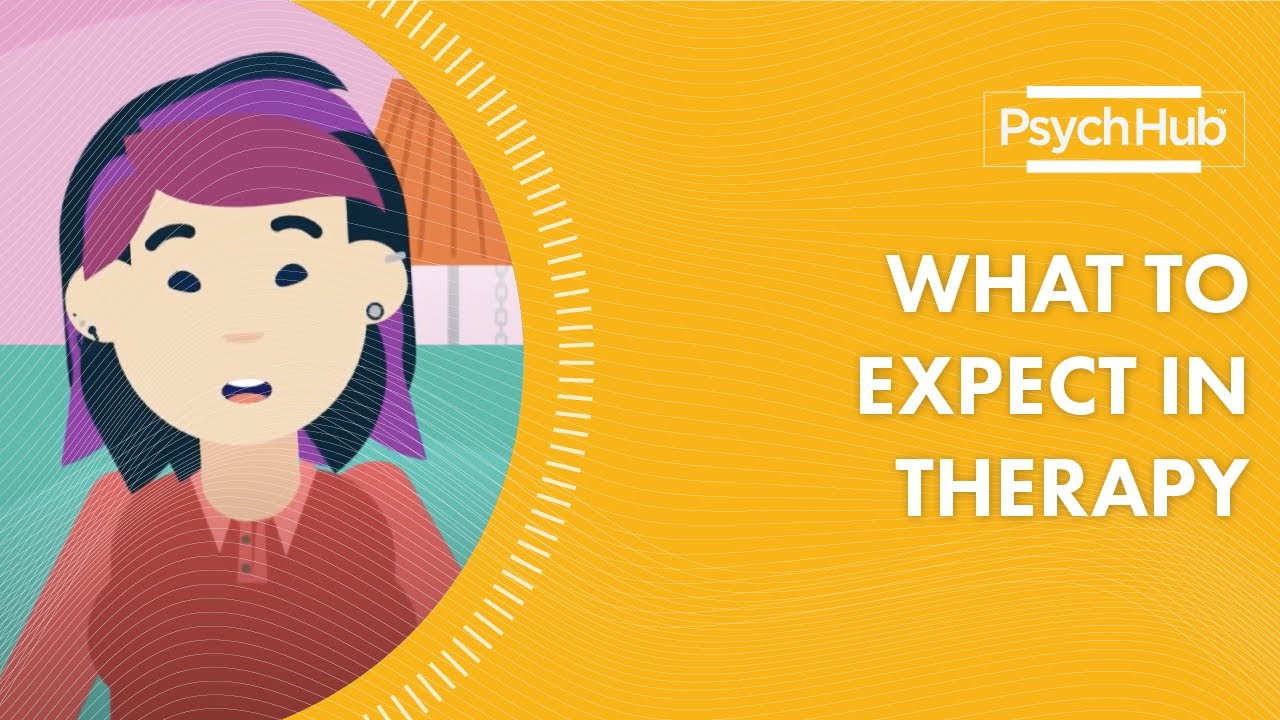Have you ever felt overwhelmed by the constant demands of everyday life? That feeling of being pulled in multiple directions, with the mind racing and no respite in sight, is all too common in today’s fast-paced world. In moments like these, finding inner calm and balance can seem almost impossible. Yet, millions of people worldwide have found solace and strength through the practice of daily mindfulness meditation.
What Is Mindfulness?
Mindfulness means being present in the moment. It encapsulates the idea of living with an awareness of your thoughts, feelings, body sensations, and the environment around you. This heightened state of awareness allows you to engage with life deeply and meaningfully, rather than being swept away by a whirlwind of thoughts and distractions.
The Benefits of Practicing Mindfulness Meditation Daily
Experiencing everyday stresses can significantly impact your physical and emotional well-being. However, the good news is that daily mindfulness meditation can offer a haven. Below are five compelling reasons you might want to start practicing mindful meditation every day.
1. Promotes Better Sleep
For many, sleepless nights have become the new norm. From worrying about tomorrow’s tasks to replaying today’s events, it can be challenging to rest your mind. Mindfulness meditation can help you fall asleep more easily and enjoy a deeper, more restful sleep.
How It Works: By focusing on your breath and sensations in your body, you can calm your mind and disengage from the thoughts that often keep you awake. This promotes a state of relaxation conducive to sleep.
| Tip | Description |
|---|---|
| Evening Routine | Set aside10-15 minutes before bed to practice mindfulness meditation. |
| Consistent Practice | Daily practice can significantly improve your sleep quality over time. |
2. Reduces Stress and Anxiety
Modern life can be fraught with stress and anxiety, whether due to work pressures, family responsibilities, or personal challenges. Mindfulness meditation can significantly reduce these burdens.
How It Works: Through mindfulness, you can become more aware of your thoughts and feelings without getting entangled in them. You’ll learn to observe stress and anxiety from a distance, allowing you to respond calmly and positively rather than react impulsively.
| Tip | Description |
|---|---|
| Daily Sessions | Even a 10-minute daily session can make a difference in managing stress. |
| Focus on Breath | Concentrate on your breathing to anchor your thoughts and stay present. |
3. Enhances Emotional Stability
Life isn’t always smooth sailing. We all encounter rough patches that test our emotional stability. Mindfulness meditation can help you navigate these challenging periods with greater ease and resilience.
How It Works: By cultivating a habit of mindful awareness, you can develop a balanced emotional state. This practice helps you maintain a positive attitude even when facing difficulties, ultimately contributing to greater emotional stability.
| Tip | Description |
|---|---|
| Morning Routine | Start your day with mindfulness to set a positive tone. |
| Reflective Journaling | Pair meditation with journaling to understand your emotional patterns better. |
4. Improves Focus
In an age of constant distractions, maintaining focus can be incredibly challenging. Mindfulness meditation trains your mind to stay anchored in the present moment, significantly improving your concentration and attention span.
How It Works: The core technique in mindfulness meditation involves focusing on your breath. Over time, this practice equips you to control your attention better and remain focused on tasks without getting sidetracked.
| Tip | Description |
|---|---|
| Short Breaks | Take a 5-minute mindfulness break during work to reset your focus. |
| Mindful Activities | Practice mindfulness during routine activities like eating or walking. |
5. Boosts Immune System
Physical health is often as crucial as mental well-being. One underrated benefit of mindfulness meditation is its ability to enhance your immune system.
How It Works: Mindfulness reduces stress-related inflammation and encourages the production of antibodies, leading to a stronger immune response. This holistic improvement means you’re not just mentally fit but physically healthier as well.
| Tip | Description |
|---|---|
| Consistent Practice | Regular meditation sessions, even short ones, can yield significant health benefits. |
| Mind-Body Connection | Focus on how your body feels to understand your physical health better. |

Tips for Incorporating Mindfulness into Your Daily Routine
Integrating mindfulness meditation into your daily life doesn’t have to be complicated. Here are some tips to get you started:
Start Small
If you’re new to meditation, begin with just a few minutes each day. The initial goal is to cultivate the habit, which you can gradually extend as you become more comfortable.
Find Your Space
Choose a quiet, comfortable space where you won’t be easily disturbed. This will help you to focus and make your meditation practice more enjoyable.
Use Guided Meditations
Especially useful for beginners, guided meditations can help you stay focused and provide structure for your practice. Various apps and online resources offer free and paid options.
Be Consistent
Consistency is key. Whether you choose to meditate first thing in the morning, during a lunch break, or before going to bed, try to stick to the same time each day to build a solid routine.
Mindful Breathing Exercises
Often, we overlook the simple power of our breath. Engage in mindful breathing exercises throughout the day, whenever you feel stressed or overwhelmed.
| Time of Day | Activity |
|---|---|
| Morning | Start your day with a 5-minute breathing exercise. |
| Mid-day | Use your lunch break for a quick 10-minute session to refresh your mind. |
| Evening | Wind down with a longer session before bed to ensure a peaceful night’s sleep. |
Common Misconceptions About Mindfulness Meditation
Mindfulness meditation is beneficial, yet several misconceptions can deter people from practicing it. Understanding these can help demystify the process and make it more accessible.
Misconception 1: It’s Time-Consuming
Many believe that you need to allocate a large block of time for mindfulness meditation. The truth is, even a few minutes can be incredibly beneficial.
Misconception 2: It’s Only for People with Certain Beliefs
Mindfulness meditation has roots in various spiritual traditions but is by no means confined to any specific belief system. It’s a universal practice that anyone can benefit from, regardless of their background.
Misconception 3: You Need to Clear Your Mind Completely
There’s a common fallacy that successful meditation means having no thoughts whatsoever. The aim is not to empty your mind but to acknowledge thoughts without judgment and return your focus to the present.

Real-Life Stories
Hearing from others who have successfully integrated mindfulness meditation into their lives can be incredibly motivating. Here are a few real-life stories:
Sarah, 45, Executive
“I used to be so stressed. My work required constant multi-tasking, and I felt I could never switch off. Incorporating mindfulness meditation into my daily routine helped me compartmentalize my thoughts and find peace amidst the chaos. My stress levels are now much lower, and I’m performing better at work.”
John, 30, Teacher
“As a teacher, I’m always on the go. Initially skeptical, I started with short mindfulness sessions each morning. It didn’t take long to notice the change—I’m calmer, more focused, and can handle classroom disruptions more effectively. The practice has even made me a better listener.”
Priya, 27, Student
“College life can be pretty overwhelming. Deadlines, exams, and social pressures all take a toll. Mindfulness meditation became my sanctuary. Not only does it help me manage anxiety, but it also boosts my concentration, making study sessions more productive.”
Scientific Backing
Mindfulness meditation is not just a fad; it is rooted in scientific research. Studies show that consistent practice of mindfulness meditation can lead to numerous physiological and psychological benefits.
The Mind-Body Connection
Research shows that mindfulness meditation can reduce stress hormones such as cortisol. Lower levels of cortisol are associated with improved immune function and better overall health. Additionally, mindfulness has been shown to impact brain areas involved in memory, emotional regulation, and decision-making positively.
Improvements in Mental Health
Numerous studies highlight the positive effects of mindfulness on mental well-being. Daily meditation has been shown to reduce symptoms of anxiety, depression, and PTSD. It also promotes a balanced mood and emotional resilience, making it easier to cope with life’s ups and downs.
| Study | Finding |
|---|---|
| Harvard University Study | Demonstrated that mindfulness meditation could increase the brain’s gray matter, particularly in regions associated with self-awareness and compassion. |
| University of Wisconsin Study | Found that long-term meditators had an increased number of activity markers in brain circuits related to emotion regulation, attention, and focus. |
Tools to Enhance Your Practice
Several tools and resources can facilitate your mindfulness meditation journey. These range from books and apps to community groups.
Apps and Online Resources
- Headspace: This app offers guided meditations, mindfulness courses, and sleep sounds.
- Calm: Known for its soothing sounds and bedtime stories, Calm also offers guided and unguided meditation sessions.
- Insight Timer: Provides a vast library of free meditation practices and talks from mindfulness teachers worldwide.
Books
- “The Miracle of Mindfulness” by Thich Nhat Hanh: This book offers practical advice and exercises on how to incorporate mindfulness into everyday activities.
- “Wherever You Go, There You Are” by Jon Kabat-Zinn: A comprehensive guide to mindfulness by a leading expert in the field.
Community Groups
Joining a community group or meditation class can provide support and motivation. Look for local meditation centers or online groups to connect with like-minded individuals.
Conclusion
Incorporating mindfulness meditation into your daily life might seem daunting initially, but the benefits make it worthwhile. From promoting better sleep and reducing stress to enhancing emotional stability, improving focus, and boosting your immune system, the positive impacts are far-reaching.
By starting small, being consistent, and using available resources, you can create a life of less stress and more presence. Imagine waking up every day with a calm mind, a resilient spirit, and a healthy body. It’s all within reach with daily mindfulness meditation.
So, are you ready to find your inner calm and transform your life one mindful breath at a time?




